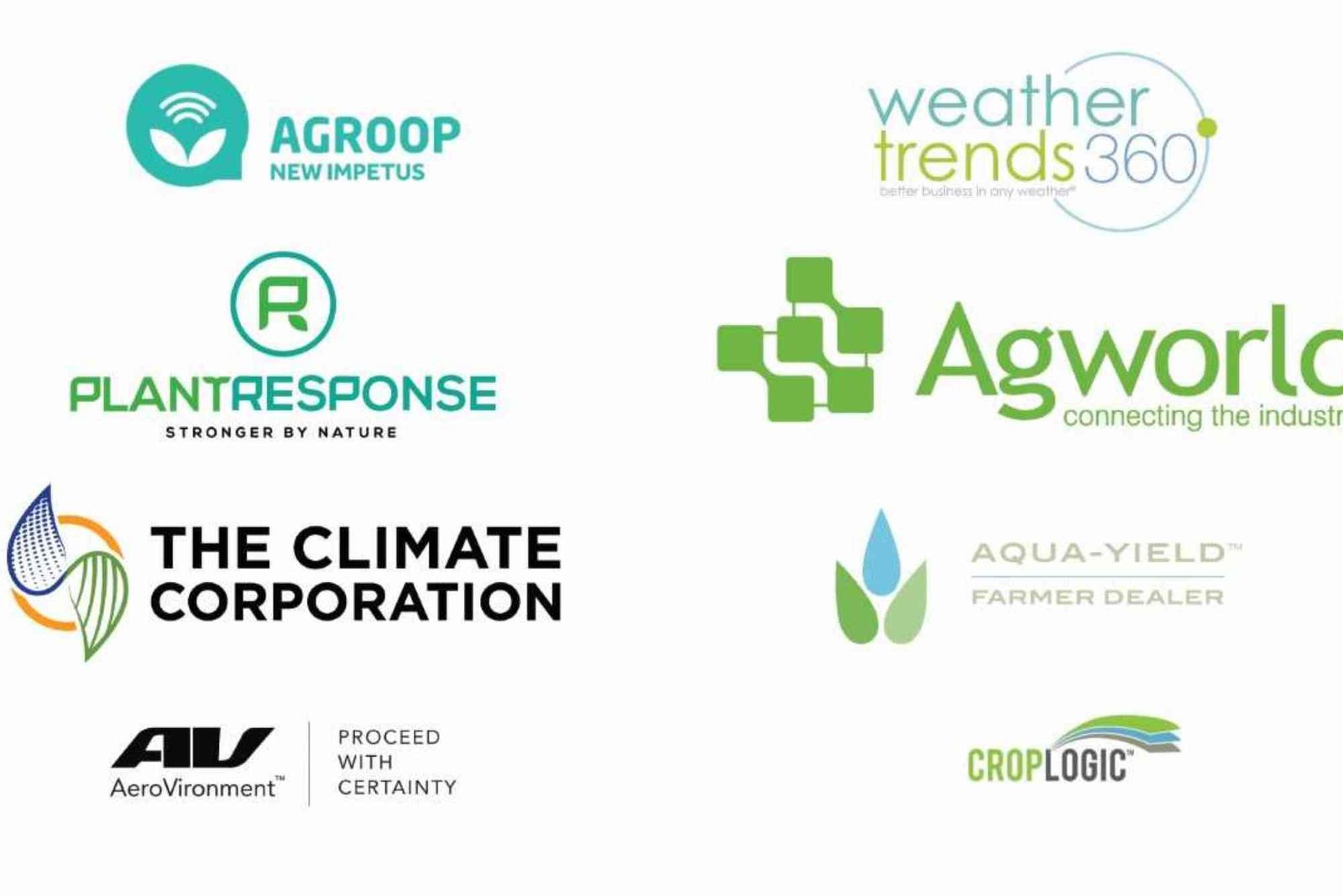Agriculture Technology Companies: Revolutionizing Farming Practices
Agriculture technology companies are transforming the farming industry, offering innovative solutions that enhance productivity, sustainability, and profitability. The advancement of technology in agriculture has created new opportunities for farmers to improve efficiency, reduce costs, and combat challenges posed by climate change. In this blog, we will delve into the role of agriculture technology companies and explore how they are reshaping the future of farming.
The Rise of Agricultural Technology
Agricultural technology, or AgTech, is rapidly growing as farmers and agribusinesses turn to new technologies to meet the increasing demand for food, improve crop yields, and minimize environmental impact. Technology in agriculture has introduced advanced tools, machinery, and data-driven solutions that are becoming essential for modern-day farming.
Key Innovations by Agriculture Technology Companies
Precision Agriculture
One of the most significant innovations in agriculture is precision farming, which uses GPS, IoT devices, and big data analytics to monitor and optimize farming activities. Agriculture technology companies have developed systems that allow farmers to monitor soil health, weather patterns, and crop growth in real time. These insights help farmers make better decisions regarding irrigation, fertilization, and pest control, ultimately leading to higher crop yields and reduced resource wastage.
Drones and Aerial Imaging
Drones equipped with sensors and cameras have become invaluable tools in the agriculture sector. Agriculture technology companies have developed drone technology that provides farmers with real-time aerial imaging, helping them monitor crop health, identify diseases, and assess land conditions from the air. This aerial surveillance enables quick intervention and informed decision-making, saving time and resources.
Automated Machinery and Robotics
Automation in agriculture is becoming a game-changer, with the development of autonomous tractors, harvesters, and drones. Robotics and automation technology companies are creating machines that can perform tasks such as planting, harvesting, and crop spraying without human intervention. These advancements are reducing the labor shortage in agriculture while increasing operational efficiency.
Artificial Intelligence and Machine Learning
Artificial intelligence (AI) and machine learning (ML) are playing a significant role in agriculture technology. AI-powered systems are being used to predict weather patterns, detect plant diseases, and optimize irrigation schedules. Machine learning algorithms can analyze vast amounts of agricultural data, helping farmers make more informed decisions about planting, fertilizing, and harvesting crops.
Sustainability and Environmental Impact
One of the driving forces behind agricultural technology is sustainability. Agriculture technology companies are focused on developing solutions that reduce the environmental impact of farming. These technologies include precision irrigation systems that minimize water usage, soil sensors that reduce the need for chemical fertilizers, and systems that monitor carbon emissions from farm machinery. By implementing these solutions, farmers can adopt more sustainable practices while maintaining productivity.
The Role of Agriculture Technology in Feeding a Growing Global Population
The global population is expected to reach 9.7 billion by 2050, putting immense pressure on food production systems. Agriculture technology companies are addressing this challenge by creating scalable solutions that help farmers increase food production without compromising the environment. Through innovations such as vertical farming, lab-grown meats, and genetically modified crops, agricultural technology is playing a critical role in ensuring global food security.
Challenges Faced by Agriculture Technology Companies
While agriculture technology offers numerous benefits, the industry also faces challenges. The adoption of new technologies can be expensive for small-scale farmers, who may struggle to afford the upfront costs of advanced equipment and software. Additionally, the integration of new technologies into traditional farming practices can be complex, requiring significant training and adaptation. Overcoming these challenges is key to ensuring the widespread adoption of agricultural innovations.
Future Trends in Agricultural Technology
The future of agricultural technology is promising, with continued advancements in AI, robotics, and biotechnology. As the demand for food increases, agriculture technology companies are expected to play a pivotal role in meeting these needs through innovations in automation, data analytics, and sustainable farming practices. Technologies such as blockchain for supply chain transparency and CRISPR gene editing for crop improvement are on the horizon, signaling a new era of precision and efficiency in agriculture.
FAQs: Agriculture Technology Companies
What is agriculture technology?
Agriculture technology, or AgTech, refers to the use of technology and innovations to improve farming processes, including crop production, livestock management, and sustainability.
How do agriculture technology companies help farmers?
They provide advanced tools and solutions like drones, sensors, AI, and automation to help farmers increase productivity, reduce costs, and promote sustainable farming practices.
What is the future of agriculture technology?
The future of AgTech includes advancements in AI, machine learning, biotechnology, and robotics to create more efficient, sustainable, and scalable farming solutions.
Are agriculture technology companies sustainable?
Yes, many AgTech companies focus on developing eco-friendly technologies, such as precision irrigation and soil health monitoring, to promote sustainable and responsible farming practices.




